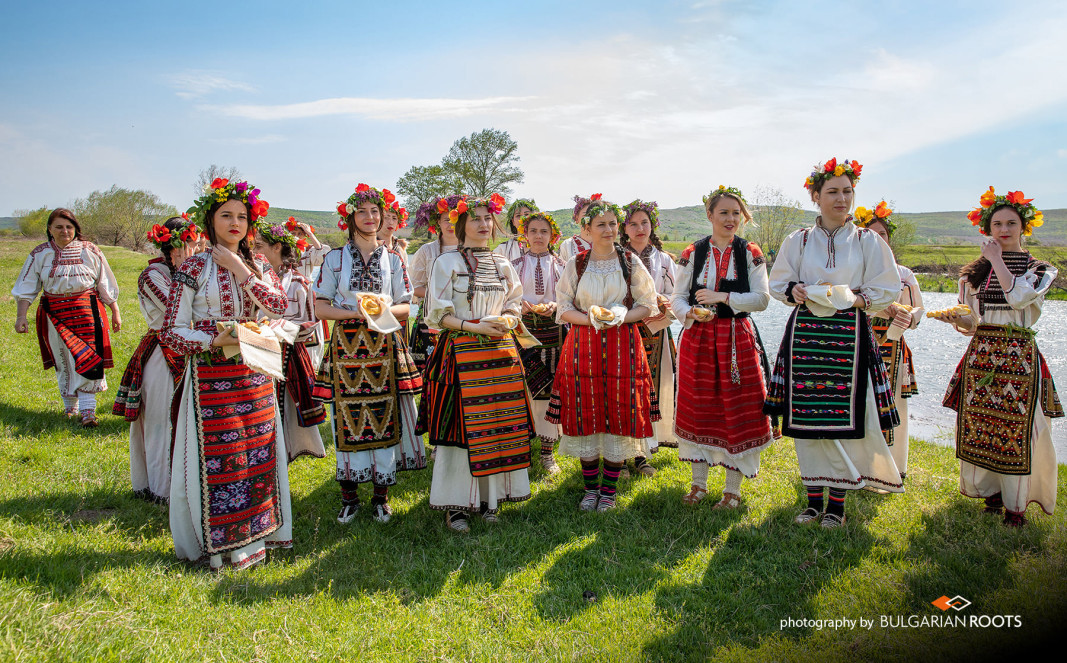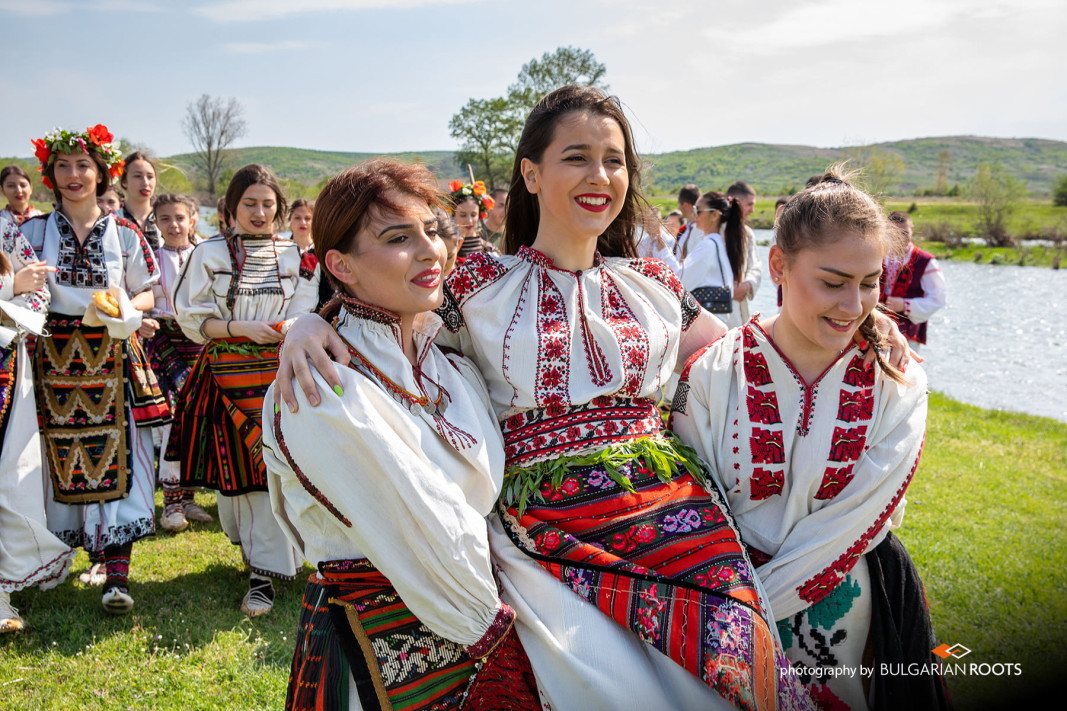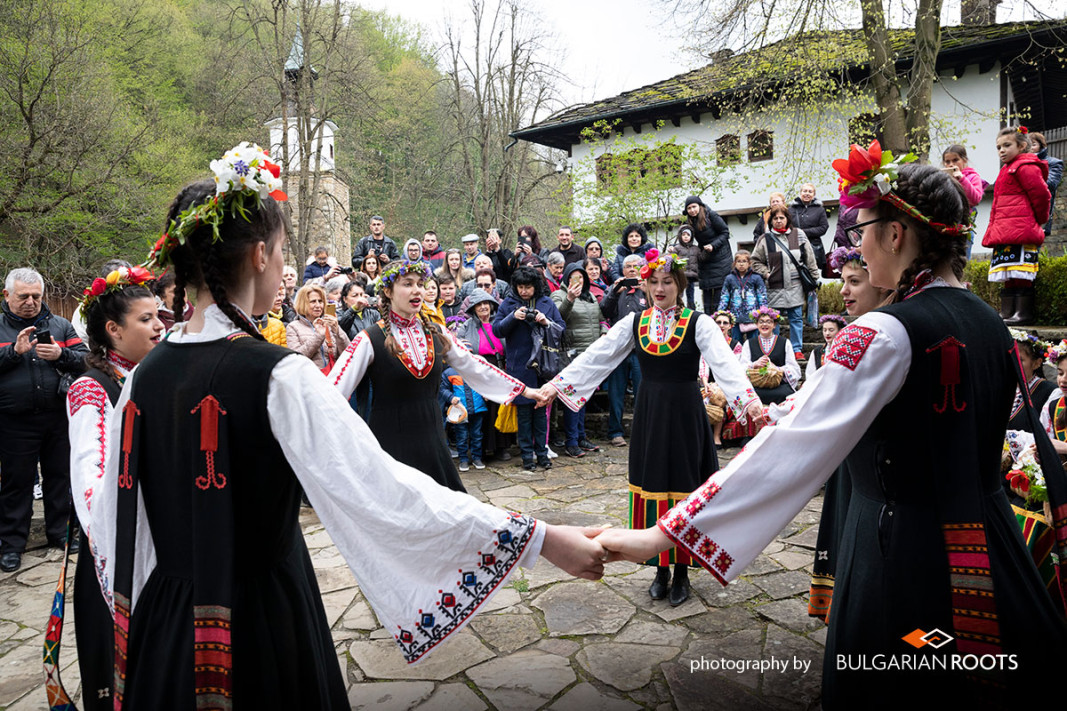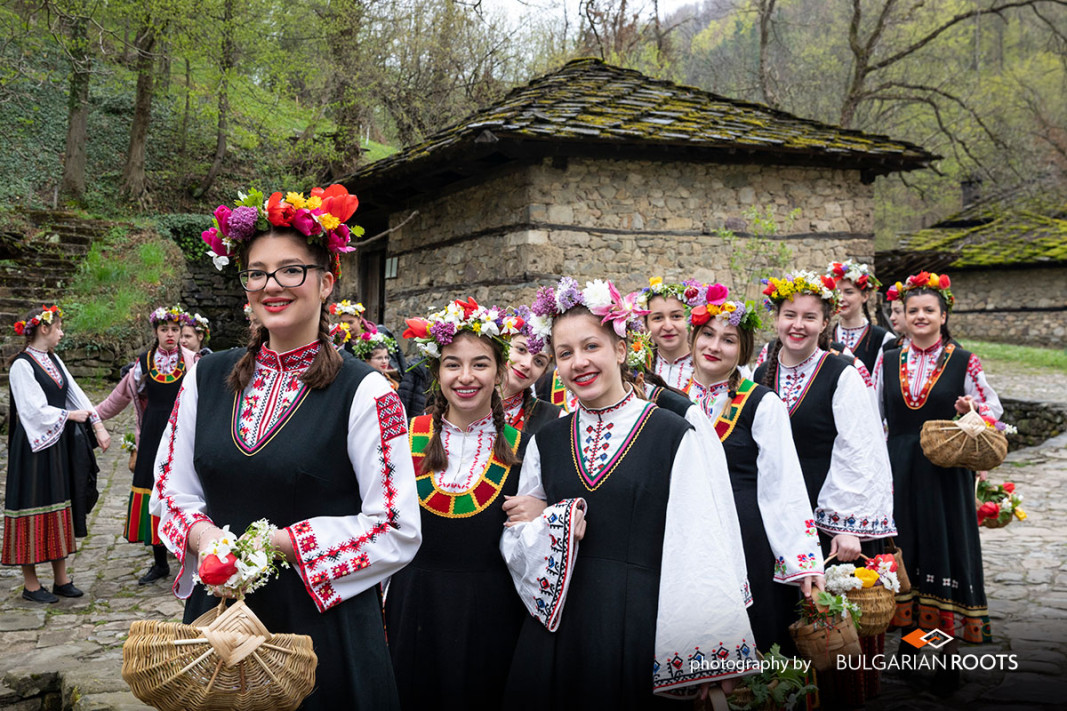



Scientists from the Sorbonne will study the cultural heritage preserved in the Regional Ethnographic Open-Air Museum "Etar" , informs public broadcaster BNT. In March this year the French scientists together with experts of REOM "Etar" will study elements..
The day of St. Tryphon (1 February old style, 14 February new style) is celebrated by vine growers, falconers and gardeners in Bulgaria. Trifon Zarezan comes around with vine pruning and wine drinking St. Tryphon is believed to help..
All Bulgarian masquerade games originate from the ancient rituals related to the birth of the sun around Christmas. With the adoption of Christianity, in order not to defile the newborn God, the custom was blurred. In the western..

+359 2 9336 661
